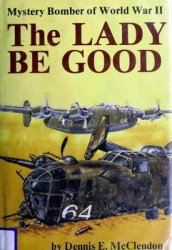Wilson still hoped for vindication at the polls in the presidential election, which he sought to make a “great and solemn referendum” on the League. He would have liked to run for a third term, but in his enfeebled condition he attracted no support among Democratic leaders. The party nominated James M. Cox of Ohio.
Cox favored joining the League, but the election did not produce the referendum on the new organization that Wilson desired. The Republicans, whose candidate was another Ohioan, Senator Warren G. Harding, equivocated shamelessly on the issue. The election turned on other matters, largely emotional. Disillusioned by the results of the war, many Americans had their fill of idealism. They wanted, apparently, to end the long period of moral uplift and reform agitation that had begun under Theodore Roosevelt and return to what Harding called “normalcy.”
To the extent that the voters were expressing opinions on Wilson’s League, their response was overwhelmingly negative. Senator Harding, a strong reservationist, swept the country, winning over 16.1 million votes to Cox’s 9.1 million. In July 1921,
Congress formally ended the war with the Central Powers by passing a joint resolution.
The defeat of the League was a tragedy both for Wilson, whose crusade for a world order based on peace and justice ended in failure, and for the world, which was condemned to endure another, still more horrible and costly war. Perhaps this dreadful outcome could not have been avoided. Had Wilson compromised and Lodge behaved like a statesman instead of a politician, the United States would have joined the League, but it might well have failed to respond when called on to meet its obligations. As events soon demonstrated, the League powers acted timidly and even dishonorably when challenged by aggressor nations.
Yet it might have been different had the Senate ratified the Versailles Treaty. What was lost when the treaty failed was not peace but the possibility of peace, a tragic loss indeed.

Chapter Review




 World History
World History









